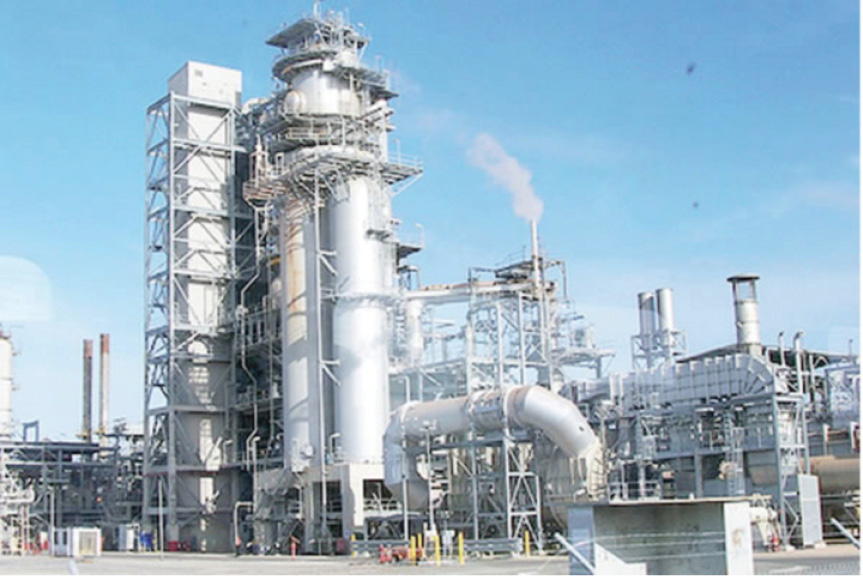Ailing refineries, deregulation take shine off celebration
Nigeria’s oil and gas sector has been the country’s lifeline in the last 40 years, after it completely edged out agriculture as the major foreign exchange earner. Analysts have however contended that the period marked the beginning of the country’s economic woes. Nigeria @60: FG to block Abuja roads Nigeria@60: Oct 1 declared public holiday […]

Ailing refineries
Nigeria’s oil and gas sector has been the country’s lifeline in the last 40 years, after it completely edged out agriculture as the major foreign exchange earner.
Analysts have however contended that the period marked the beginning of the country’s economic woes.
Nigerians left the farms in droves and headed for the cities in search of ‘petrol-naira’.
This drift put pressure on infrastructure in the cities and gradually created a gap in the food production value chain starting with the early 1970s.
This went on until agriculture was completely neglected and the mass importation of agricultural produce with foreign exchange earned from crude oil became the norm.
Fast forward to the 1980s and 1990s, when the country’s economic hardship began as a result of mismanagement by the ruling elites, crude oil could no longer sustain the country’s increasing population.
Though oil still sold very high in the international market, many ordinary Nigerians could not benefit from the windfall.
Now, in the 2000s, Nigeria’s oil and gas is gasping for breath.
Starved for international investment, and hit hard by weak crude oil prices, the Nigerian oil industry has seen a consistent decline in the last twenty years.
Policy inconsistency and regulators’ high handedness have been scaring away investors from the sector, the Executive Secretary and Chief Executive Director of Major Oil Marketers Association of Nigeria (MOMAN), Mr Clement Isong told Daily Trust in an interview.
Though oil still remains the country’s main source of income, accounting for approximately 56% of state revenue and a whopping 85% of export revenue, Nigeria has been recording less and less revenue since crude prices began to nosedive in 2015.
Nigeria, an Organisation of Petroleum Exporting Countries (OPEC) member produces 2.5 million barrels of crude per day, even if it could have done more under the right regulations and international investment.
The decreasing oil revenues have closely followed the fall in global crude prices, according to Dr Afe Mayowa, the President of Oil and Gas Trainers Association of Nigeria.
And its midstream and downstream infrastructures are arguably in worse shape than upstream production.
The country’s three main refineries are currently in comatose.
Probably not wanting to expend huge resources in state-run refineries, the Buhari administration is looking towards a private refinery being built by Aliko Dangote and the richest man in Africa equally sees business opportunity in this.
Dangote Group said it would complete construction of the $15 billion refinery in Ibeju-Lekki, in Lagos in 2021.
When completed, it would process 650,000 barrels of crude daily, according to the Group.
Experts have called for the passage of the Petroleum Industry Bill, whose passage had suffered many setbacks over the last 13 years.
Daily Trust reports that if the bill is finally signed into law, it will help in pushing oil companies and investors to invest in Nigeria’s oil sector, thereby stimulating growth and increasing government revenues.
Though the most recent version of the bill was sent during President Muhammadu Buhari’s first term, there were disagreements between the lawmakers and the executive which led to its rejection.
It has been re-presented to the lawmakers who have promised to work on it with a view to passing it.
The federal government in August this year finally bowed to long-standing pressure to restructure the downstream segment of the Nigerian oil industry through the removal of fuel subsidy.
Although the organised labour had rejected the manner deregulation has been foisted on the nation by the federal government and expressed its desire to embark on a nationwide strike, the government quickly intervened and pleaded with labour to shelve the strike and return to the negotiation table to amicably resolve the matter.
The strike would have definitely taken the shine off the nation’s 60 year independence anniversary celebration.
